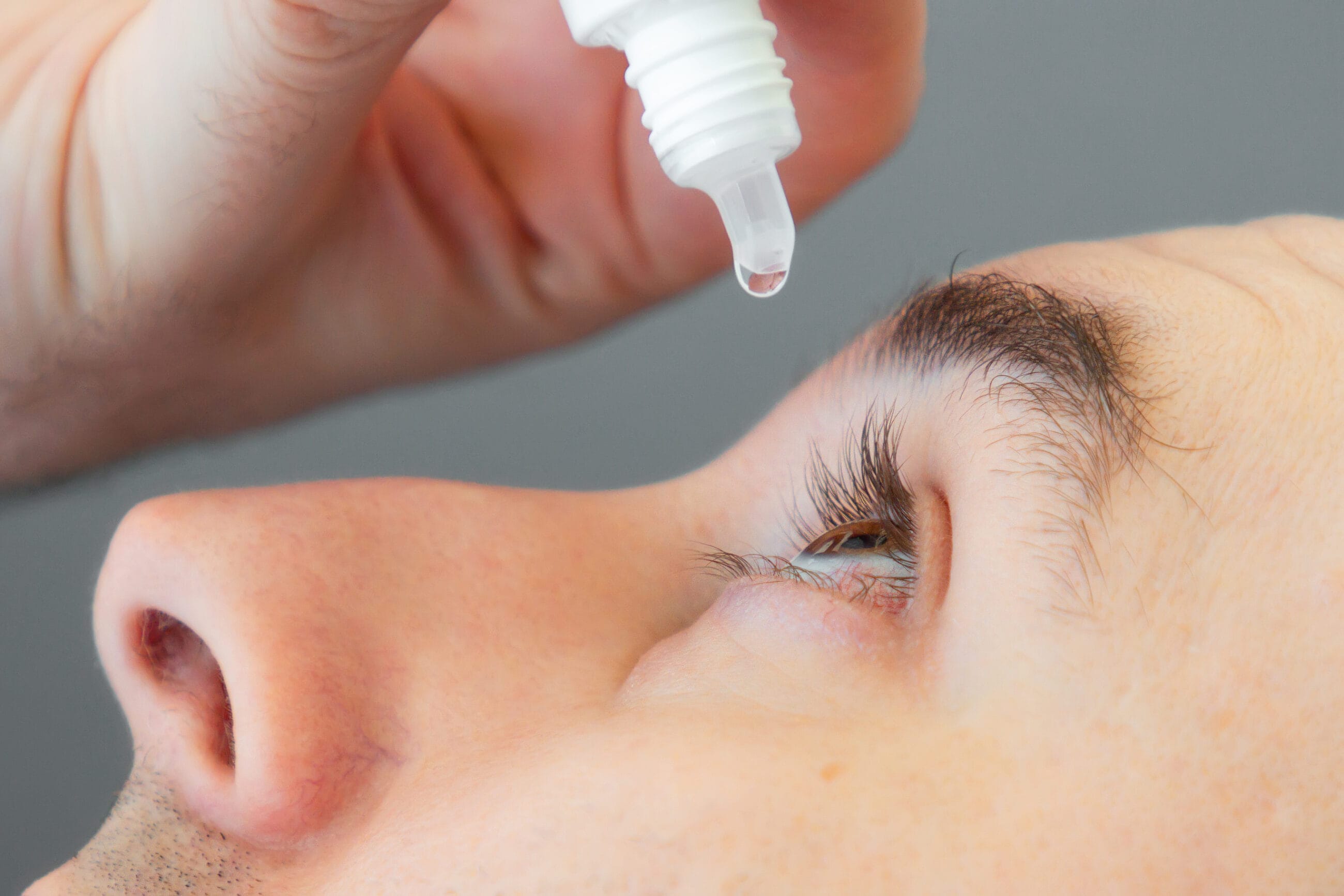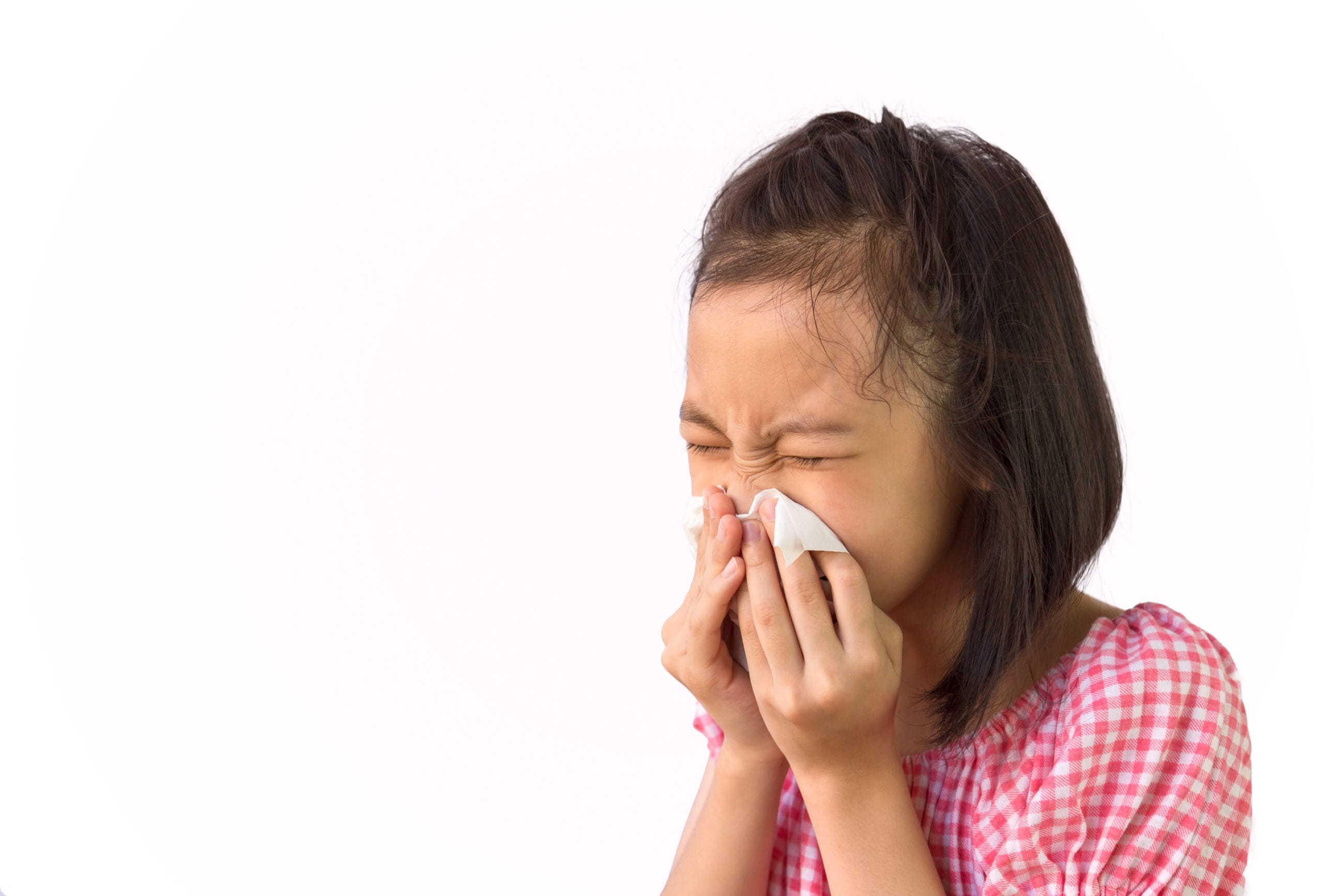Whether you’re a parent concerned about a sudden rash on your child, an allergy sufferer navigating the mysteries of triggers, or a healthcare professional seeking deeper insights into allergy diagnosis, this post is for you.
Allergies are more than just a mild inconvenience; they can range from irritating symptoms to life-threatening emergencies. By understanding how allergies work, what can cause allergies, and how they affect the nasal passages, we can take meaningful steps toward better health.
What Are Allergies?
Allergies occur when your immune system mistakenly identifies a harmless substance—such as pollen, dust mites, pet dander, or certain foods—as a dangerous threat.
In response, your immune system produces antibodies to fight off the perceived invader, triggering a chain reaction of symptoms.

These symptoms, known as allergic reactions, can vary widely, ranging from mild issues like sneezing and itchy eyes to more severe reactions, including difficulty breathing or anaphylaxis.
Allergies are a common condition that can affect people of all ages, and understanding their triggers is key to managing them effectively.
How Allergies Affect the Immune System?
When faced with an allergen, your immune system creates antibodies called Immunoglobulin E (IgE). These antibodies trigger the release of histamines and other chemicals, leading to symptoms like sneezing, itching, or in severe cases, anaphylaxis.
Common Allergy Triggers
- Food (e.g., nuts, shellfish, milk)
- Environmental Allergens (e.g., pollen, dust, dander)
- Medications (e.g., penicillin, aspirin)
- Insect Stings (e.g., bee venom)
Understanding the triggers is your first step to managing or preventing allergies effectively.
Recognizing Allergy Symptoms And Causes
Allergies affect millions, causing reactions that range from mild to severe. Recognizing symptoms early and understanding their causes empowers effective management and improves overall well-being.
Skin Reactions

- Hives: Raised, red, itchy welts on the skin.
- Rash or Eczema: Patches of inflamed, irritated skin.
Skin reactions are among the earliest and most visible signs of an allergy.
Respiratory Symptoms
- Constant sneezing and nasal irritation.
- Runny Nose and Congestion: Often caused by pollen, dust allergies, or allergic rhinitis.
- Asthma-like symptoms, such as difficulty breathing.
Eye Symptoms

- Itchy, Watery Eyes: A classic hallmark of allergies.
- Redness and irritation in the eyes, often caused by exposure to allergens like pollen.
Digestive Symptoms

Symptoms include nausea, vomiting, and diarrhea, often occurring with food allergies.
Severe Reactions (Anaphylaxis)
Anaphylaxis is a life-threatening allergic reaction characterized by difficulty breathing, a sudden drop in blood pressure, and loss of consciousness. Immediate treatment with medicine like an epinephrine auto-injector (EpiPen) can be life-saving.
Types of Allergies and Their Symptoms
Allergies affect millions worldwide, presenting diverse symptoms that range from mild irritation to severe reactions, including shortness of breath. Understanding their causes and management is crucial for maintaining health and well-being.
Food Allergies

Symptoms can range from mild hives to severe anaphylaxis. Common triggers include nuts, shellfish, and dairy. Allergies include reactions that may require strict avoidance and allergy medications for management.
Seasonal Allergies

Pollen sensitivity, especially during Singapore’s haze season, often causes sneezing, nasal congestion, sinus issues, and hay fever. Allergy medications can help alleviate these symptoms.
Drug Allergies

Penicillin and aspirin are common culprits, leading to symptoms like rashes, shortness of breath, and breathing difficulties.
Latex Allergies

Reactions include skin irritation, redness, and, in rare cases, anaphylaxis. Allergy medications may be necessary to reduce symptoms.
Allergic Reactions to Bug Bites or Stings
Bee or wasp stings can lead to swelling, redness, or, in severe cases, anaphylaxis. Shortness of breath may occur in extreme reactions, requiring immediate attention.
Diagnosing Allergies
Diagnosing allergies is a critical step in managing symptoms and improving quality of life. Accurate evaluation helps identify triggers and guides effective treatment plans for relief.
When to See a Doctor?
If you or your child experience persistent or severe symptoms, consult a healthcare professional. Conditions like eczema or asthma often occur alongside allergies and require medical attention.
Allergy Testing Methods
- Skin Prick Test: A small amount of allergen is applied to your skin to observe reactions.
- Blood Tests: IgE levels are measured to identify allergies.
Keeping an Allergy Log
Documenting symptoms, triggers, and reaction times can help both you and your doctor identify patterns.
Treating and Managing Allergy Symptoms
Managing allergies requires a personalized approach. Knowing your triggers and treatment options can help reduce symptoms and improve your quality of life. According to the Foundation of America, understanding how allergens cause allergic reactions is an essential step in effective allergy management.
Over-the-Counter Medications
Antihistamines and nasal sprays can quickly relieve mild to moderate symptoms. Antihistamines ease sneezing, itching, and runny noses, while nasal sprays help with congestion. These treatments are widely available and often the first choice for common allergies.
Prescription Medications
For severe symptoms that don’t respond to over-the-counter options, stronger prescription treatments may be needed. Your doctor might recommend antihistamines, corticosteroids, or an EpiPen for emergencies like anaphylaxis. These medications target more persistent or serious symptoms, including those caused by allergic reactions that lead to conditions like dermatitis.
Allergen Avoidance Strategies
Avoiding triggers is one of the best ways to manage allergies. Common allergens include dust mites, pet dander, pollen, and mold. Air purifiers, HEPA filter vacuums, and keeping windows closed during high pollen seasons can help reduce exposure. Identifying and avoiding personal triggers is key to avoiding reactions that cause dermatitis.
Immunotherapy
For chronic or severe allergies, immunotherapy like allergy shots or sublingual tablets can offer long-term relief. This treatment desensitizes your immune system to allergens over time, reducing reactions. While it requires regular treatments, it can provide significant improvement for persistent allergies.
Preventing Allergy Symptoms
Allergies can disrupt daily life, but proactive prevention empowers you to manage symptoms effectively. Discover practical strategies to minimize exposure and maintain a healthier, symptom-free lifestyle.
Identifying and Avoiding Triggers
Knowing what causes your allergies is half the battle. Use pillow covers to prevent dust mite accumulation, and avoid foods that trigger reactions.
Allergy-Proofing Your Home
- Minimize dust by vacuuming and using air purifiers.
- Replace carpets with flooring that doesn’t trap allergens.
Proactive Management During Singapore’s Haze Season
Wear masks and use air filters to reduce exposure to pollen and haze allergens.
Allergies in Children vs. Adults
Allergies affect individuals differently across various age groups, with children and adults facing unique challenges. Understanding these differences is essential for effective prevention and tailored management strategies.

Childhood Allergy Symptoms
Milk and egg allergies are common in young ones, often presenting as skin reactions like eczema.
Managing School Allergies
Establish nut-free zones in schools and educate teachers about anaphylaxis management.
Adult-Onset Allergies
It’s not uncommon for adults to develop allergies later in life due to new exposures or heightened immune responses.
Living with Severe Allergic Reaction (Anaphylaxis)
Managing severe allergic reactions, such as anaphylaxis, requires prompt action and preparation. Understanding symptoms, triggers, and emergency responses is vital to ensuring safety and peace of mind.
Creating an Emergency Action Plan
Work with a healthcare provider to outline what to do in case of severe reactions.
Using an EpiPen
If prescribed, always have an EpiPen on hand and know how to use it effectively.
Managing Social Situations and Travel
Notify restaurant staff about food allergies and pack appropriate medications while traveling.
Allergies and Related Conditions
- Allergies and Asthma: Allergens can often trigger asthma symptoms.
- Eczema and Allergy Triggers: Common triggers include detergents, perfumes, and pollen.
- Food Intolerances vs. Food Allergies: Food intolerance causes discomfort, but it doesn’t engage the immune system the way allergies do.
Why Choose Mediway Medical for Allergy Testing?
At Mediway Medical, we make allergy testing easier and stress free with very minimum waiting time and dedicated professionals who prioritize your health and well-being.

Our team is committed to providing accurate and timely results, whether it’s through a skin prick test, blood test, or other advanced diagnostic methods.
We take the time to understand your symptoms, answer your questions, and guide you toward effective solutions. With Mediway, you can count on quick, efficient care that helps you take control of your allergies and improve your quality of life.
A Healthier Tomorrow Starts Today
Allergies can be unpredictable and challenging, often interfering with daily activities and overall well-being. Symptoms may vary from person to person, and symptoms can range from mild seasonal discomfort to severe reactions. However, with the right knowledge and strategies, you can take control and manage them effectively, improving your quality of life. Organizations like the American Academy of Allergy, Asthma and Allergy Foundation, and the Allergy Foundation of America provide valuable insights and resources to help you better understand and address your allergies.
Whether your symptoms get better with time or require targeted intervention, understanding your triggers and options is key to finding relief. If you’re ready to address your allergy concerns, make an appointment at Mediway Medical.
During your visit, we’ll delve into your symptoms, identify potential triggers, and create a personalized plan tailored to your unique needs. Together, we’ll work towards minimizing discomfort and helping you live a healthier, more comfortable life.









